EIA: US energy-related CO2 fell by 2.8% in 2019, slightly below 2017 levels
Green Car Congress
MAY 11, 2020
In 2019, CO 2 emissions from petroleum fuels—nearly half of which are associated with motor gasoline consumption—fell by 0.8%, and CO 2 emissions from the use of natural gas increased by 3.3%. Nearly all of the change in CO 2 emissions in 2019 arose in the electric power sector.


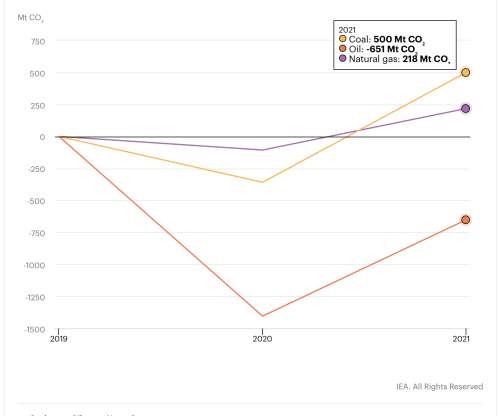



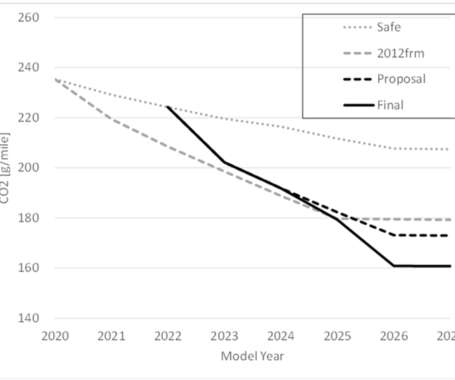




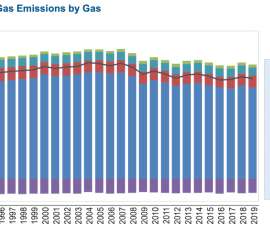














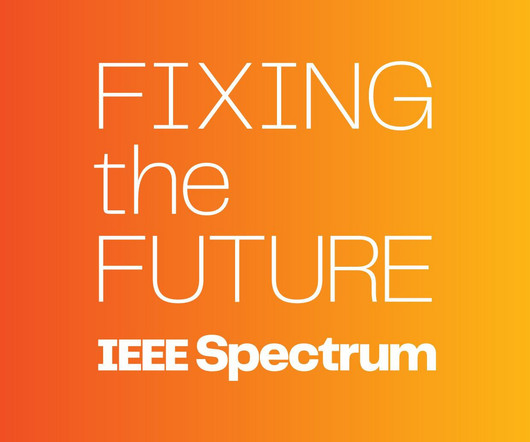










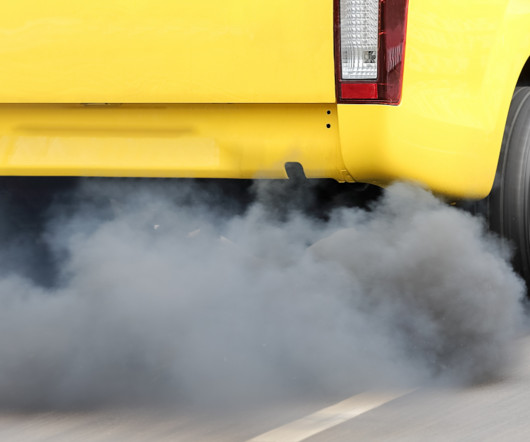







Let's personalize your content